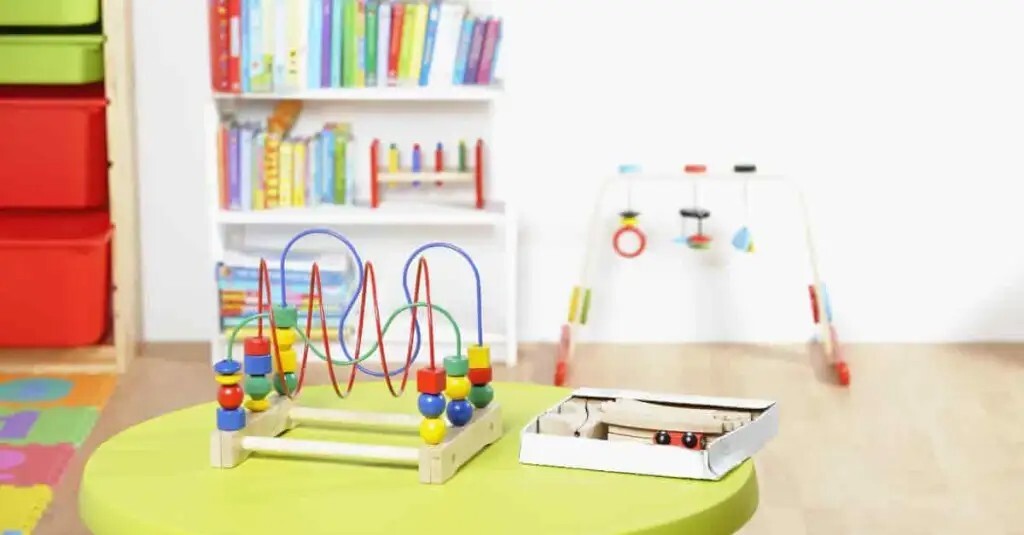
The Power of Playful Learning: Igniting Young Minds in Pre-Kindergarten
Integrating active and personalized learning with digital environments is essential for establishing a significant learning environment that continuously drives improvements in student engagement and learning outcomes. This integration can be approached by leveraging digital tools and platforms to foster a student-centered, engaging, and adaptive learning experience.
For young children, play is not just a frivolous activity; it’s the cornerstone of their development (Pellegrini & Bjorklund, 2008). Through play, pre-kindergarteners explore their world, make sense of their surroundings, and build essential skills that lay the foundation for future academic success (Fisher, 2016).
Developing Through Play:
Language Development: Play fosters language development by encouraging children to communicate their ideas, tell stories, and engage in pretend play scenarios (Pellegrini & Bjorklund, 2008).
Cognitive Development: Play fosters cognitive growth by encouraging problem-solving, critical thinking, and creativity. When children engage in imaginative play, they experiment with different scenarios, test hypotheses, and learn to adapt their strategies (Singer & Singer, 2007).
Social and Emotional Development: Play provides a safe space for children to practice social interactions, develop empathy, and negotiate conflict resolution skills (Smith Pellegrini, 2008).
Physical Development: Play promotes gross motor skills through active play, such as running, jumping, and climbing. It also helps refine fine motor skills through activities like building with blocks or manipulating materials (Ayoub et al., 2018).
The Power of Play-Based Learning:
Play-based learning, where pre-kindergarten curriculum is designed around playful activities, has been shown to be highly effective in promoting positive academic and social outcomes (National Association for the Education of Young Children [NAEYC], 2018). Through play, children are naturally motivated and engaged, leading to deeper understanding and knowledge retention (Ayoub et al., 2018).
Gamification in the Math Playground:
Building on the natural power of play, gamification – the use of game-like elements in non-game contexts – can further enhance learning in pre-kindergarten mathematics (Sailer et al., 2017). By incorporating engaging game mechanics like points, badges, and leaderboards, math concepts become more fun and interactive, increasing student motivation and participation (Lee & Bong, 2006).
Examples of Gamified Math Activities:
Interactive math apps: Educational apps with game-like features can make practicing basic math operations more engaging for pre-kindergarteners (Sailer et al., 2017).
Counting games: Utilize points and leaderboards in counting activities to encourage competition and build number recognition (Prensky, 2006).
Matching games: Match objects of different quantities or shapes to award points and badges for successful matches (Lee & Bong, 2006).
Learning Through Fun:
My belief in the power of fun learning strategies aligns perfectly with the principles of play-based learning and gamification. By incorporating these approaches, educators can create a stimulating and engaging environment where pre-kindergarteners and kinders are naturally motivated to explore, learn, and develop a lifelong love of learning.
Bibliography:
- Ayoub, N., Khoury, V., & Mokhtar, G. (2018). The effects of play-based learning on young children’s development in preschool settings. International Journal of Advanced Research, 6(7), 865-872. https://www.researchgate.net/publication/370585598_Impact_of_play-based_learning_on_the_development_of_children_in_mobile_early_childhood_care_and_education_centres_Practitioners’_perspectives
- Fisher, A. (2016). Play: Important for all children. [NAEYC blog post]. National Association for the Education of Young Children. https://www.naeyc.org/sites/default/files/globally-shared/downloads/PDFs/resources/pubs/this-is-play-chap-1-excerpt.pdf
- Lee, J., & Bong, M. (2006). Development of a math anxiety scale for young children. Journal of Educational Psychology, 98(2), 243–249. https://www.ncbi.nlm.nih.gov/pmc/articles/PMC3462591/
- National Association for the Education of Young Children (NAEYC). (2018). Play-based learning. [NAEYC website]. https://www.naeyc.org/resources/topics/play
- Pellegrini, A. D., & Bjorklund, D. F. (2008). The role of sociodramatic play in children’s cognitive development. Early Childhood Research Quarterly, 23(3), 27
